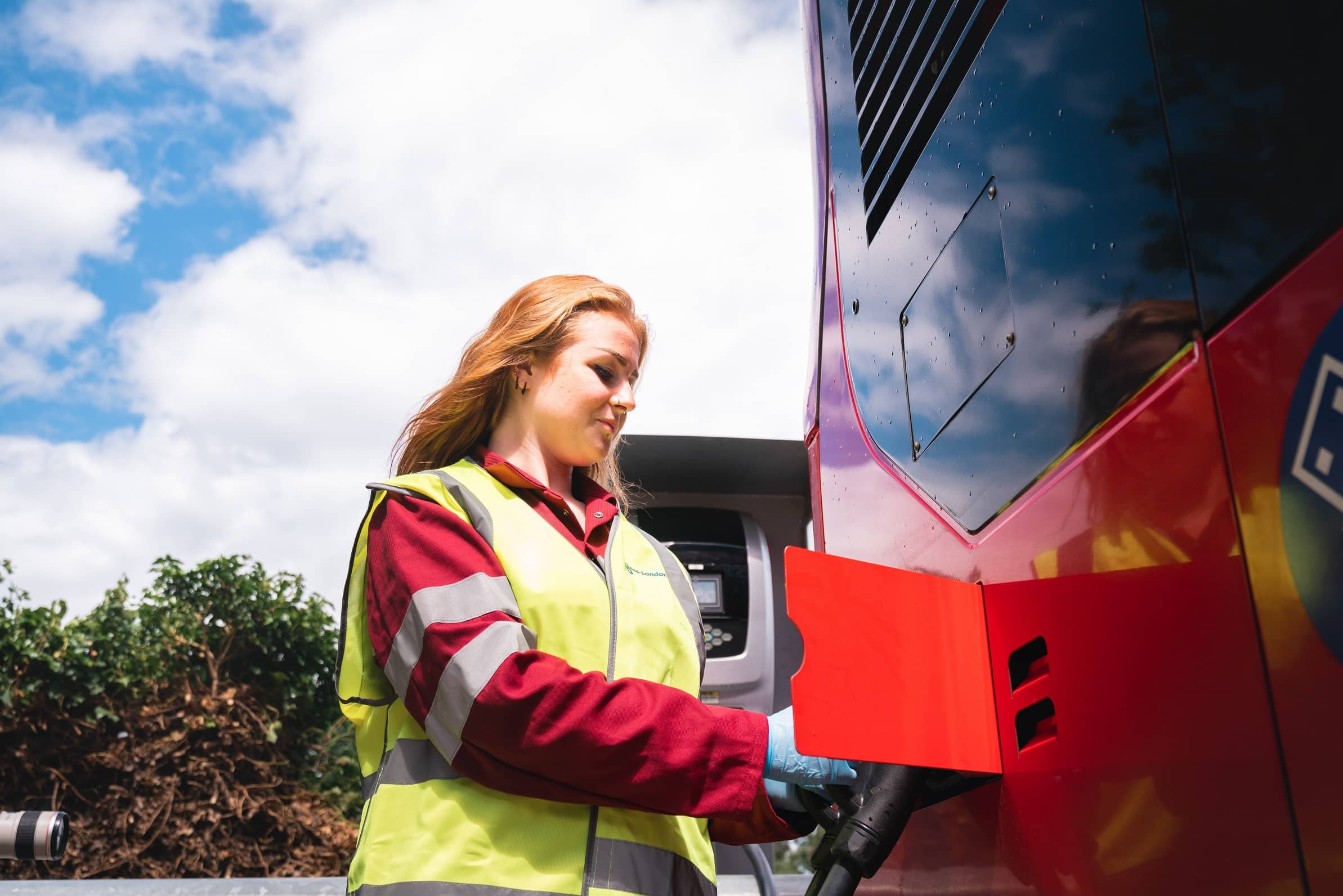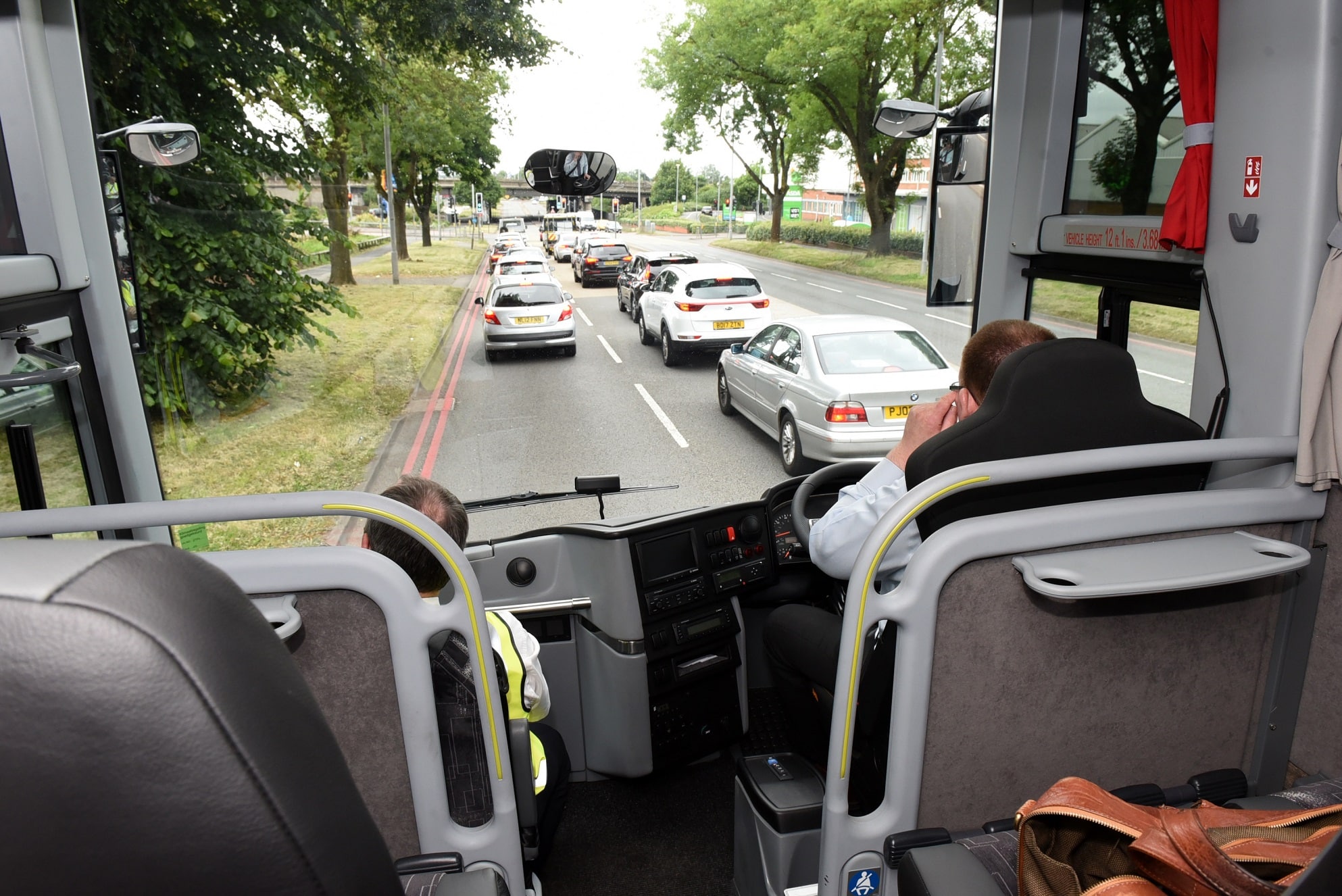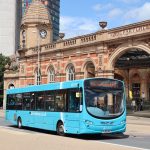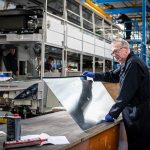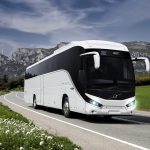People with real-world experience of running zero-emission buses who can advise other operators that are about to embark on the same journey are few, but among them is Richard Shillingford. He was previously RATP Dev London Engineering Director and is now working with fleet transition advisor Evenergi and green funder Destination Net Zero (DNZ) as clients of his Richard Shillingford Solutions engineering consultancy to do just that.
Evenergi and DNZ are part of what Richard describes as “an ecosystem of sustainability-minded partners.” DNZ will offer finance in a variety of forms, with one of its multiple aims being to manage a zero-emission bus’s life to 20 years while providing assured reliability and uptime for that duration.
That sits close to Evenergi’s work. Its BetterFleet platform models the performance of various zero-emission buses when subject to an operator’s parameters. “That in its most simple form means an operator says that it wants to go zero-emission and BetterFleet tells it how,” Richard explains. The platform debuted in a form that required significant back-office input to initiate the modelling, but Evenergi now offers it in a web-based self-service format.
To carry out accurate modelling, BetterFleet creates a ‘digital twin’ of the customer’s network to plot a route away from diesel. From a vehicle point of view, it currently relies on manufacturer-supplied data, along with algorithms, but Richard says that as it is rolled out further, machine learning and real-time data will come into play.
All bases covered by BetterFleet modelling tool
“BetterFleet considers many data points supplied by the operator, such as passenger loadings, ambient temperature and time of year, overall depot driver behaviour profile and to the level of detail of tyre pressures,” Richard continues. Scenarios can be remodelled as those parameters change. The client can also specify that it does not wish to use a certain type of vehicle, or a particular OEM.
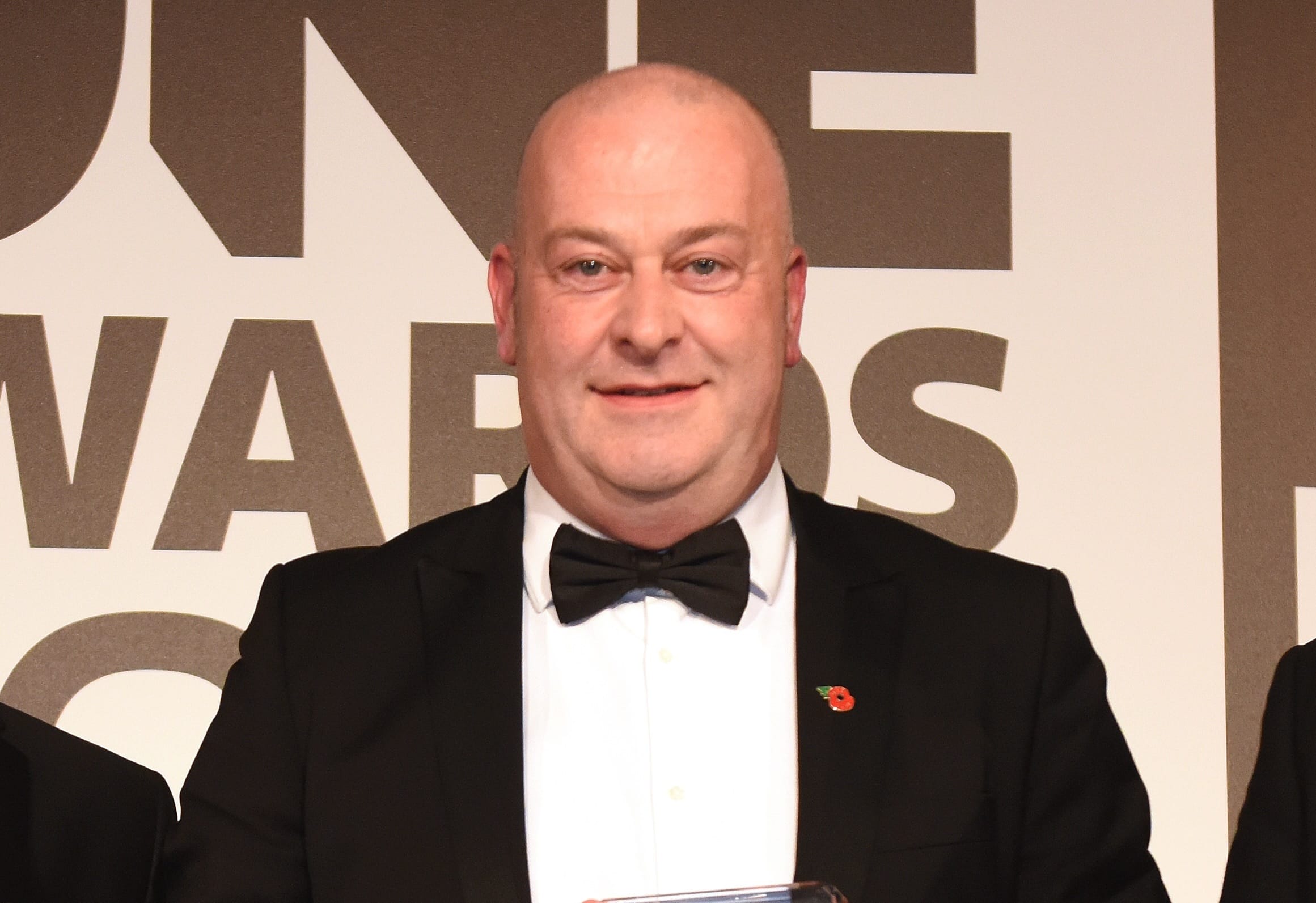
“This is a data-driven tool that effectively allows the operator to ask what the best way to move from diesel to zero-emission is, either battery-electric or hydrogen fuel cell-electric,” Richard says.
“It quickly identifies vehicles that will and will not do what the operator needs. BetterFleet is a predictive forecast model, but use in Australia has proved that it is accurate to within 1% of the actual.”
A feasibility study report that is produced by the platform comes in varying degrees of detail. At its most basic, it will tell the operator whether the shift for a particular route or a network is possible or not. Beyond that, it can deliver vehicle-specific recommendations to enable the operator to choose the approach that works best. At the top end is comprehensive plotting of a wholesale transition to zero-emission, including infrastructure and consideration of financing, potentially with DNZ.
Among other capabilities, Evenergi can also model charging demand for battery-electric buses to match the operator’s priority for that process, whether that is to do so as quickly or as cheaply as possible, or with other considerations else in mind. There is no minimum fleet size requirement.
Validation of existing work possible with BetterFleet
In addition to providing a transition plan, BetterFleet can validate or amend an operator’s existing conversion assumptions. In one instance where that task was undertaken, the platform’s optimised version of such work resulted in a £1m saving on implementation costs. Another modelling exercise introduced opportunity charging to proposals. Doing so removed what Richard describes as “a massive chunk” from originally projected capital expenditure and operating costs.
When opportunity charging is highlighted by the platform, it is not necessarily via pantograph. It could involve an hour spent plugged into a CCS2 unit, Richard points out. Where it is pantograph-based, the practice can fit with collaborative work with local authorities and other operators, he adds.
A further aspect of BetterFleet allows operating centre simulation for squadron zero-emission bus deployment. That delivers what Evenergi describes as “a granular emulation” of depot operations under that condition in what it says represents “a real breakthrough.”
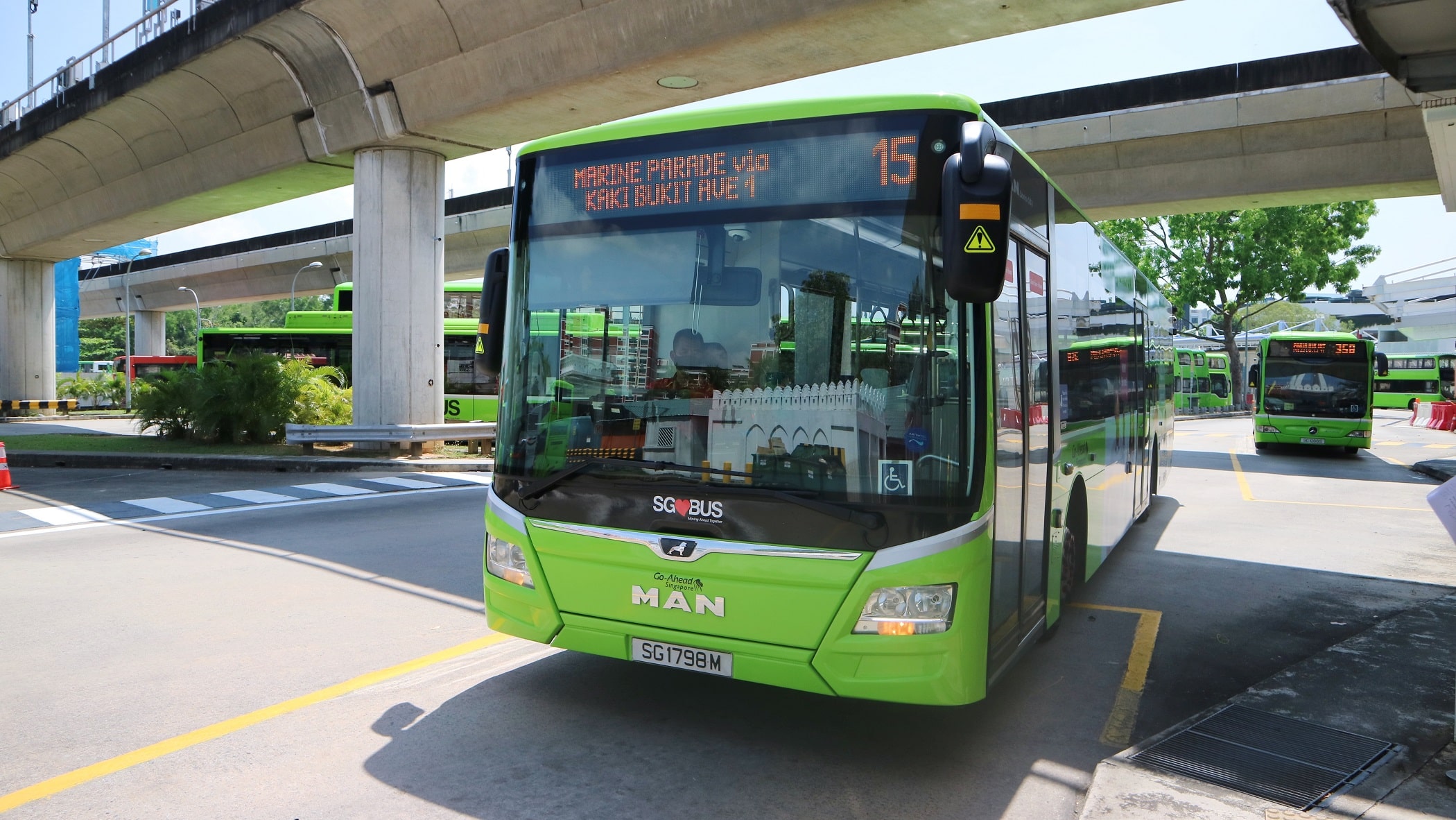
The supplier notes that as zero-emission fleets scale up, charging, parking and dispatch can become complicated.
BetterFleet can then look at such ‘back office’ considerations while including battery charge levels and duty requirements and allow the right vehicle to be dispatched to further optimise total cost of ownership.
Vehicle-to-grid transfer is also part of the package if desired. When all modules are considered, they can potentially remove “millions of pounds from energy procurement in the long-term,” Richard observes.
Destination Net Zero offers funding provision
Destination Net Zero, meanwhile, is prioritising the supply of funding to the transport sector to help it decarbonise quickly. It sees bus as a primary market in which to do that and works closely with Evenergi.
Eventual ownership by the operator of the vehicles concerned is part of its offer, as are other finance mechanisms including leasing. Battery and asset management are also part of the line-up with a view to ultimately acting in a manner similar to that of a rolling stock company in the rail industry.
Why is Richard working with Evenergi and DNZ? “I became highly interested in zero-emission deployment when with RATP Dev London. Both battery- and hydrogen fuel cell-electric have a part to play, but their potential still needs to be unlocked, particularly in respect to infrastructure. Evenergi and DNZ have the drive, resources and morals to make a difference in the current transition.
“Destination Net Zero and Evenergi know why and what, and the operator knows how.”





















